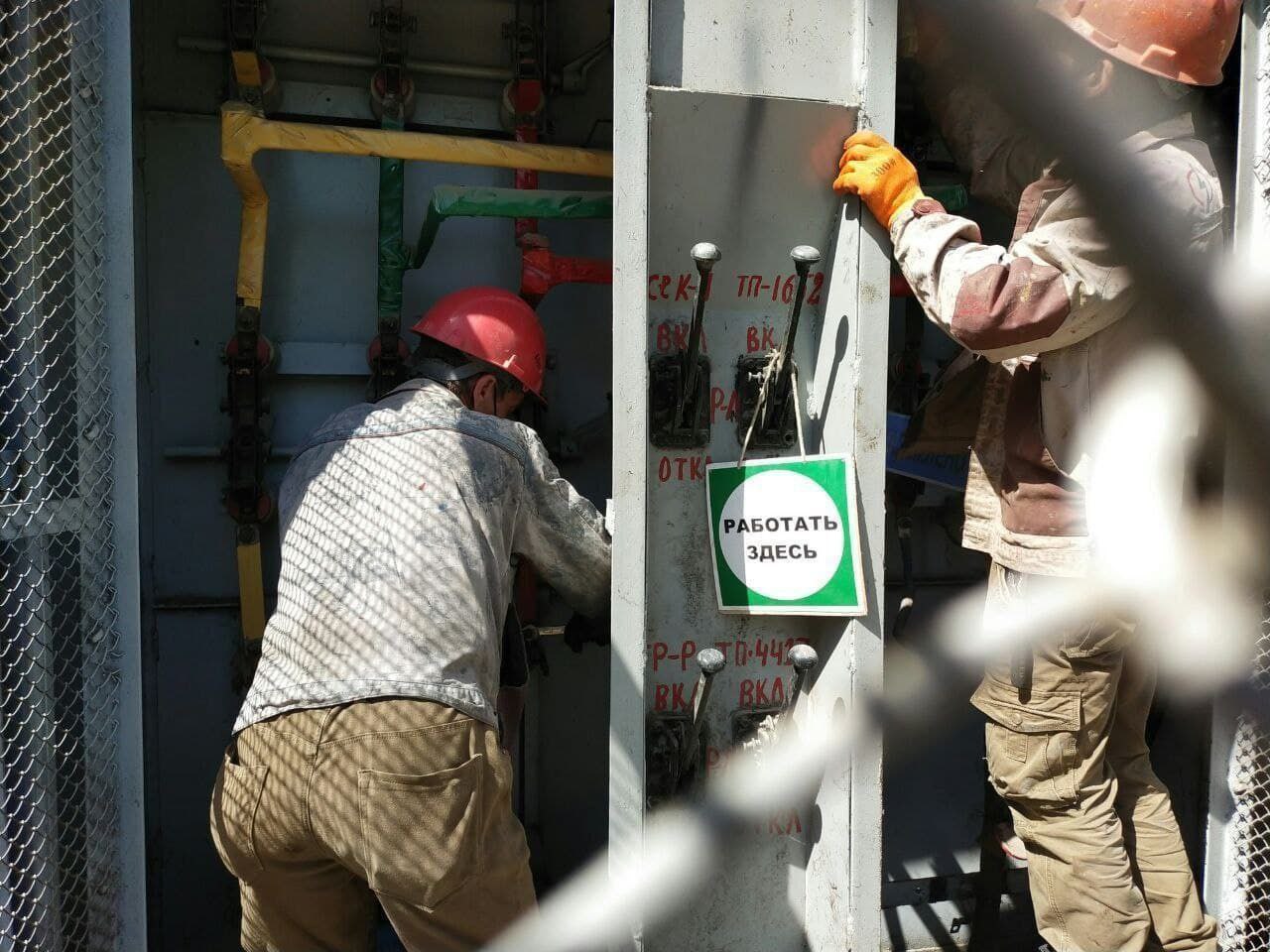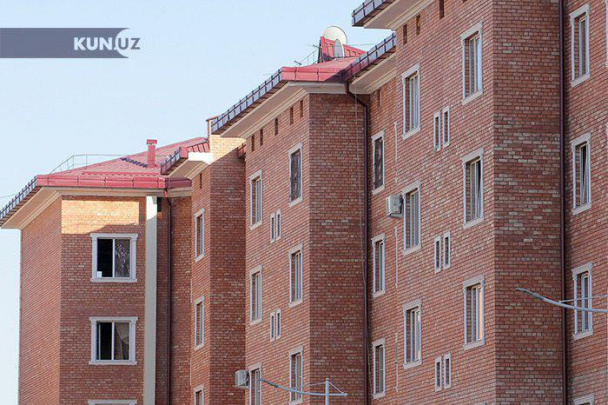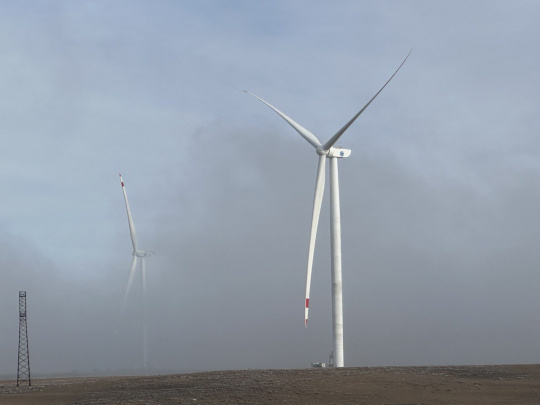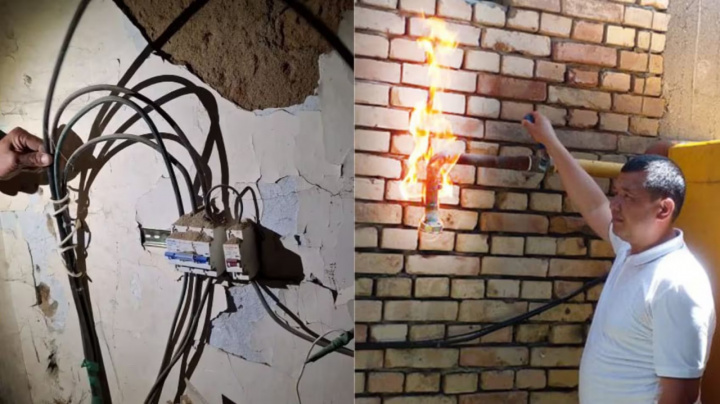“Preparing for winter” — the never-ending excuse for power outages in Tashkent
Electricity outages in Tashkent are reportedly caused by scheduled maintenance and preparations for the upcoming autumn-winter season, according to the Regional Electric Power Networks. The company claims it will improve its communication with residents about planned outages.

In recent days, complaints from Tashkent residents regarding electricity interruptions have surged on social media and in the press. Entrepreneurs are saying power outages in the capital are “becoming the norm.”
In response, the Regional Electric Power Networks stated that repair and upgrade works are currently underway in both Tashkent and other regions “as part of preparations for the autumn-winter season” and in accordance with government energy programs and policies.
“To ensure worker safety during network upgrades and repairs, scheduled power shutdowns are being carried out in specific districts. Information about these outages is regularly published by the press services of our branches and affiliated enterprises in Tashkent and the regions,” the company said.
They emphasized that modernization and seasonal preparation are “urgent tasks that continue even during the hot summer months.”
Additionally, during periods of high temperatures, some areas may experience emergency outages. In such cases, the company’s emergency teams “do their best” to restore power as quickly as possible.
Regional Electric Power Networks apologized to residents for the inconvenience and promised to improve efforts to notify the public about scheduled power cuts.
It should be noted that energy prices have increased considerably recently. On May 1, 2024 — five years after the last hike — so-called “social norms” for energy consumption were introduced. The base electricity tariff within the limit rose by 52.5%, from 295 to 450 UZS per kWh. The price of gas jumped by 71%, from 380 to 650 UZS per cubic meter. Once users exceed the social limit, they face significantly higher rates.
A second round of tariff increases followed on May 1, 2025. The base electricity price went up by another 33.3%, reaching 600 UZS per kWh. Gas prices rose by 53.8%, now costing 1,000 UZS per cubic meter.
Starting in 2026, energy tariffs are set to rise annually on May 1, in line with inflation but capped at a 10% increase — despite earlier plans to freeze rates for at least three years.
The government previously announced plans to continue subsidizing gas and electricity prices despite the recent increases. In 2025 alone, the state budget will allocate 12.3 trillion UZS for subsidies on gas, electricity, and heating. According to Deputy Prime Minister Jamshid Kuchkarov, the plan is to phase out these subsidies by 2028.
Related News

17:46
Uncertainty grows as new homes remain without gas supply

21:21 / 04.07.2025
New wind power plant to be built in Tashkent region

12:26 / 03.07.2025
Over 135 billion UZS worth of electricity and gas stolen in June

19:10 / 02.07.2025



